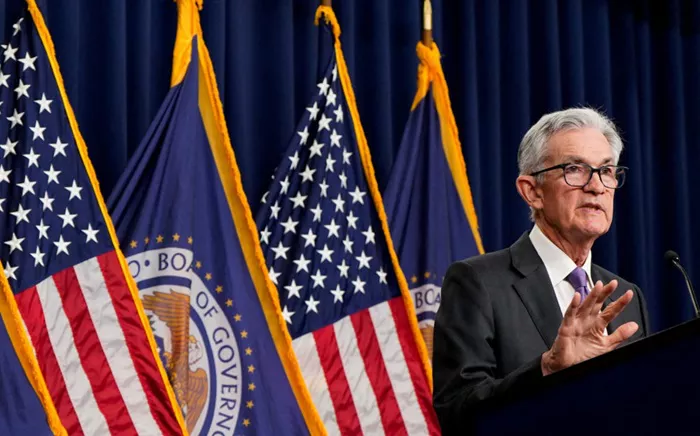As the U.S. Federal Reserve prepares to initiate its highly anticipated rate-easing cycle on Wednesday, projections suggest that upcoming interest-rate cuts may be less aggressive than the market anticipates.
Investor Concerns Over Market Expectations
Key investors and analysts argue that while the economy remains strong, substantial cuts would likely only be justified in the event of a recession. Mohamed El-Erian, former head of PIMCO, expressed concerns that market expectations for rate reductions exceed what most Fed officials and economists consider reasonable.
Rate Cut Predictions and Market Volatility
On Wednesday, expectations are divided between a 50-basis-point and a 25-basis-point cut, with the market leaning towards the larger reduction, potentially leading to increased volatility. Along with its rate decision, the Fed will provide updated forecasts regarding the future rate-cutting trajectory.
Long-Term Neutral Rate Estimates
In June, Fed officials estimated the long-term “neutral” rate necessary to maintain inflation control at 2.8%. Currently, investors anticipate approximately 240 basis points of cuts by the end of next year, which would lower rates to around 3% from the current 5.25%-5.5%. According to Torsten Slok, chief economist at Apollo Global Management, such a rapid pace of cuts would suggest an impending recession.
Diverging Views on Economic Outlook
Despite surveys indicating a consensus for a soft landing, Slok noted that market pricing reflects expectations of a significant economic downturn. Two-year Treasury yields have declined about 140 basis points from their 2024 peak in April, currently standing at 3.61%, suggesting that this rate will average over the next two years.
Market Pricing and Future Scenarios
John Madziyire, head of U.S. Treasuries and TIPS at Vanguard, cautioned that the bond market has priced in a substantial number of cuts, a scenario he described as overly optimistic. “For that to play out, we need to see a significant slowdown,” he stated.
Inflation Pressures and Short-Term Yields
Meanwhile, Wei Li, global chief investment strategist at BlackRock, anticipates that short-term Treasury yields will rebound as markets begin to account for sustained inflation pressures. “Markets have aggressively priced in rate cuts typically seen in response to a recession, even though recent data suggests a slowdown rather than a recession,” Li remarked. “We don’t believe the Fed will be able to cut rates significantly or quickly.”
Conclusion
As the Federal Reserve embarks on its rate-easing journey, the outlook remains uncertain. While some anticipate significant cuts, others caution that the market’s expectations may not align with the Fed’s more measured approach, highlighting the complex interplay between economic conditions and monetary policy.
Related Topics:

